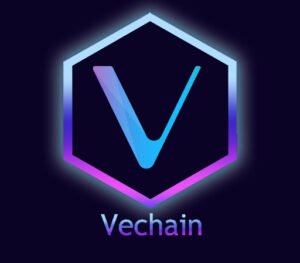$ABML $TSLA
#EVs #batterytechnology #nickelmining #sustainableenergy #electricvehicles #AtlasMaterials #6KEnergy #energystorage #renewableenergy #cleantech #supplychain #innovation
In a significant development for the electric vehicle (EV) battery supply chain, US-based Atlas Materials has announced a memorandum of understanding (MOU) with 6K Energy. This strategic partnership is set to focus on the processing and refining of materials critical for EV batteries, underscoring a collaborative effort to enhance the sustainability and efficiency of battery production.
Atlas Materials, a company that has made headlines in the past year after successfully raising $27 million to advance its nickel technology, is poised to make a substantial impact on the EV materials market. With an ambitious goal to commence production at commercial scale by 2027, Atlas is targeting operations in strategic locations within Canada or the United States. This initiative aligns with a broader industry trend towards localizing supply chains and reducing dependency on overseas materials sources, especially in light of recent global trade uncertainties.
The collaboration between Atlas Materials and 6K Energy represents a forward-thinking approach to tackling one of the EV industry’s most pressing challenges: securing a reliable, efficient, and sustainable supply of critical battery materials. Nickel, a key component in the manufacture of high-density lithium-ion batteries, is in high demand as the automotive industry continues to shift away from fossil fuels towards electric vehicles. By focusing on the development of high-quality nickel processing technologies, Atlas and 6K Energy are positioned to become pivotal players in the EV market.
This partnership not only highlights the growing emphasis on sustainable and locally sourced materials but also signals a significant investment in the future of the electric vehicle industry. As companies like Atlas Materials and 6K Energy lead the way in developing innovative solutions for EV battery production, they contribute to a broader movement towards cleaner transportation options. With the projected expansion of the EV market in the coming years, initiatives like this MOU are critical for ensuring that the supply chain can meet demand in an environmentally and economically sustainable manner. As the industry continues to evolve, collaborations that prioritize advancements in material science and supply chain innovation will likely become increasingly vital for companies looking to maintain a competitive edge in the burgeoning EV sector.











Comments are closed.